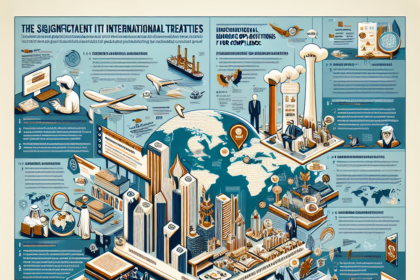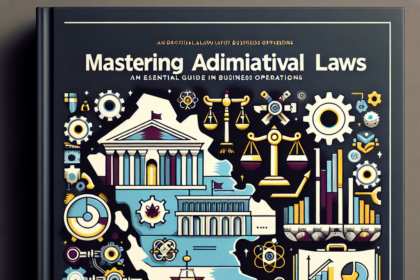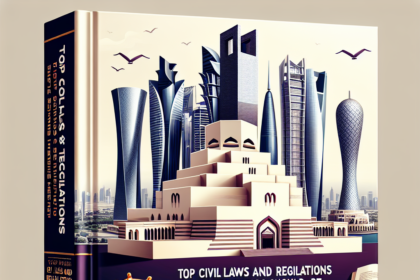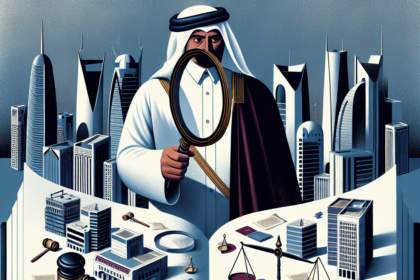Tag: Legal Framework and Regulations in Qatar
Legal Framework and Regulations in Qatar
Introduction to Qatar’s Legal Framework
Qatar’s legal framework is a unique blend of Islamic law (Sharia) and modern legislative practices. Understanding this framework is essential for businesses and individuals operating within the country.
Foundations of Qatari Law
The legal system in Qatar is primarily based on Sharia law, derived from the Quran and Hadith. However, to meet the needs of modern governance and business, Qatar has implemented various civil laws. These laws cover areas such as commerce, labor, and real estate.
Key Legal Regulations
Several key regulations form the backbone of Qatar’s legal environment:
- Commercial Companies Law: This law governs the formation, management, and dissolution of companies. It ensures transparency and accountability in business operations.
- Foreign Investment Law: This regulation encourages foreign investments by offering incentives and protections to international investors.
- Labor Law: The Qatari Labor Law outlines the rights and obligations of employers and employees. It covers aspects such as working hours, wages, and termination procedures.
- Real Estate Law: This law regulates property ownership and real estate transactions. It is crucial for businesses and individuals involved in buying, selling, or leasing property in Qatar.
Corporate Structures in Qatar
Understanding the available corporate structures is vital for businesses. The common types include:
- Limited Liability Company (LLC): An LLC can be formed with a minimum of two and a maximum of fifty shareholders. It offers limited liability protection to its owners.
- Joint Stock Company (JSC): Suitable for larger businesses, a JSC can raise capital by offering shares to the public or through private placement.
- Branch Office: Foreign companies can establish a branch office to conduct business in Qatar without forming a separate legal entity. The parent company remains liable for the branch’s activities.
- Representative Office: This type of office is allowed to conduct market research and promote the parent company’s business but cannot engage in direct commercial activities.
Dispute Resolution
Qatar offers various mechanisms for dispute resolution, including negotiation, mediation, arbitration, and litigation. The Qatar International Court and Dispute Resolution Centre (QICDRC) provides a platform for resolving commercial disputes efficiently.
Intellectual Property Rights
Protecting intellectual property (IP) is crucial in Qatar. The Ministry of Commerce and Industry oversees the registration and enforcement of IP rights. Businesses should ensure that their trademarks, patents, and copyrights are properly registered to avoid infringement issues.
Compliance and Anti-Corruption
Qatar has stringent regulations to ensure compliance and combat corruption. The Administrative Control and Transparency Authority (ACTA) is responsible for promoting integrity and transparency in the public and private sectors.
Conclusion
Understanding the legal framework and regulations in Qatar is essential for businesses and individuals. The blend of Sharia law and modern legislation creates a unique legal environment. By adhering to these regulations, businesses can ensure compliance and optimize their operations in Qatar.










